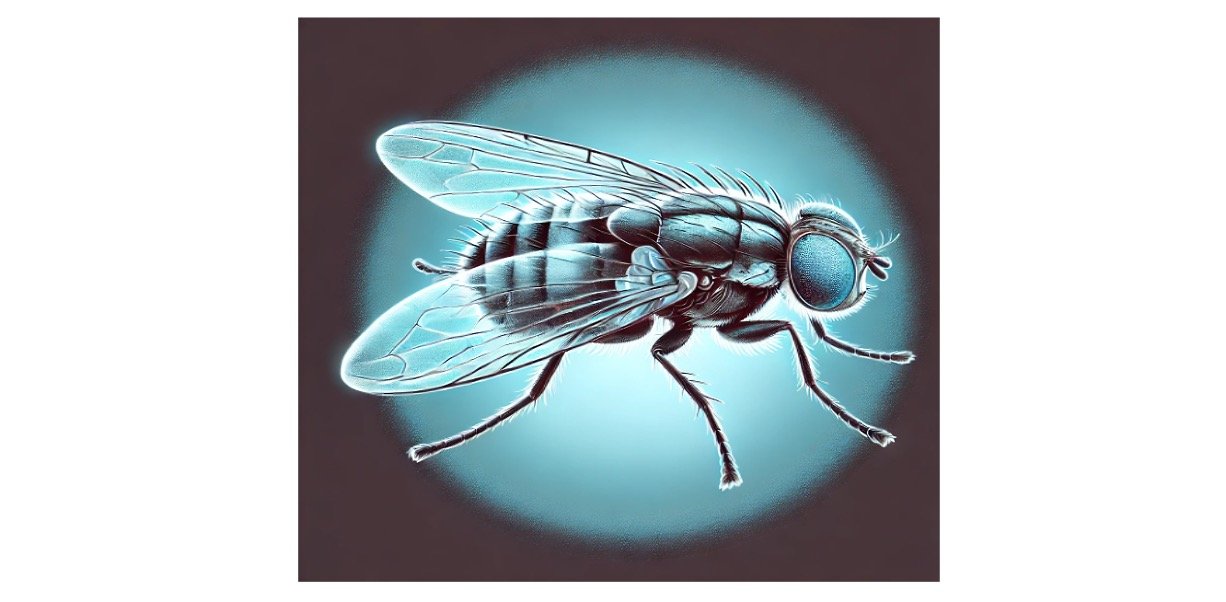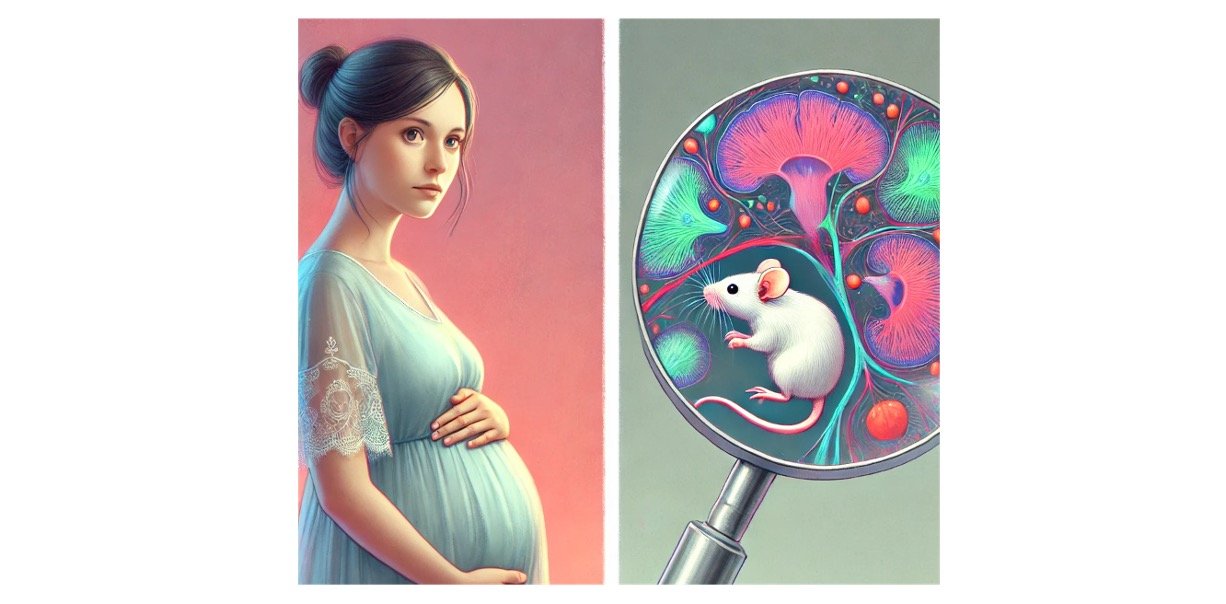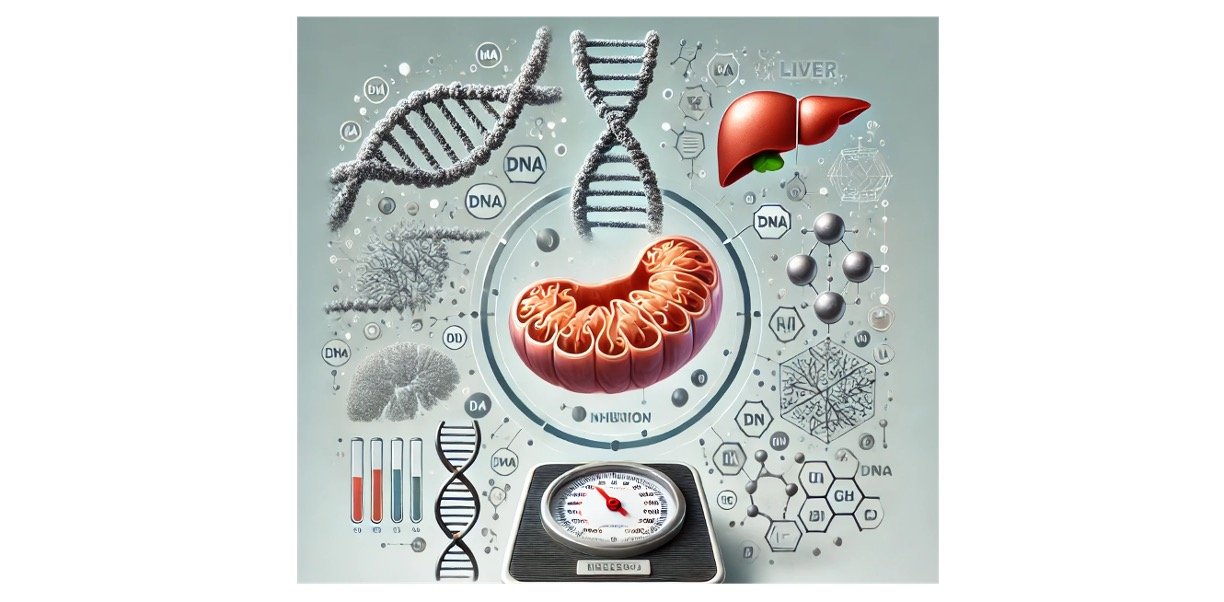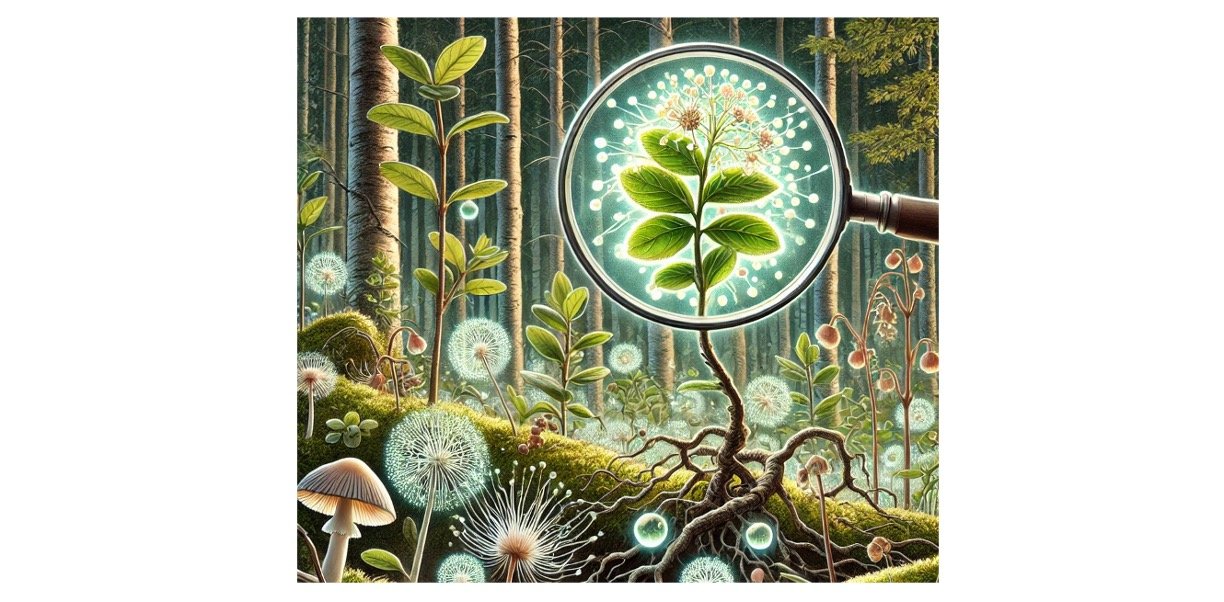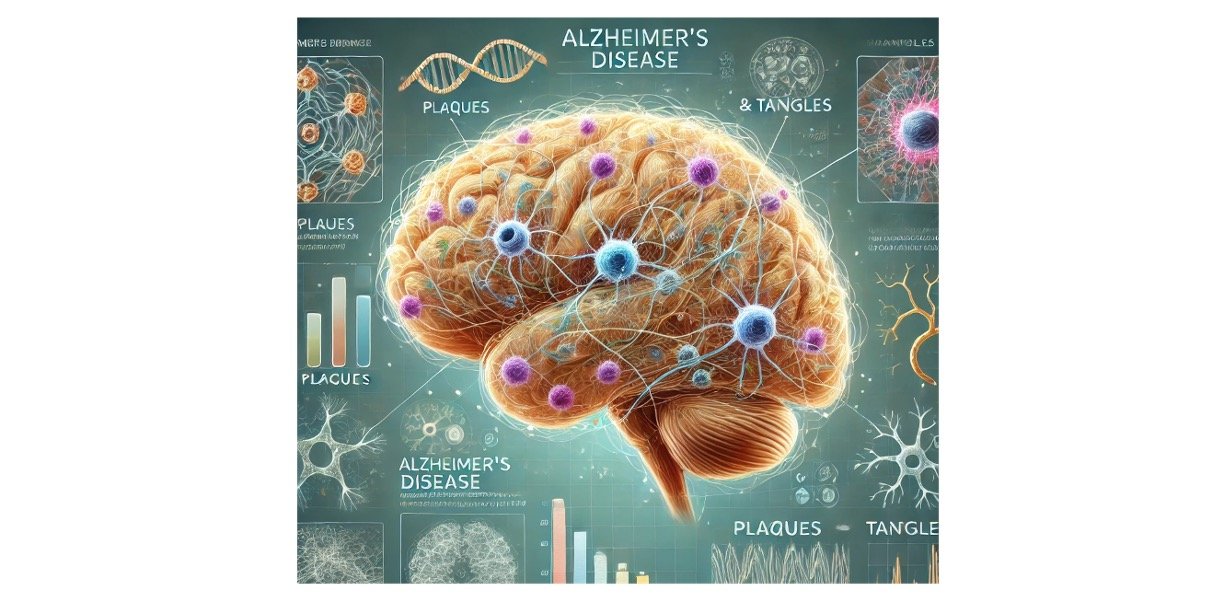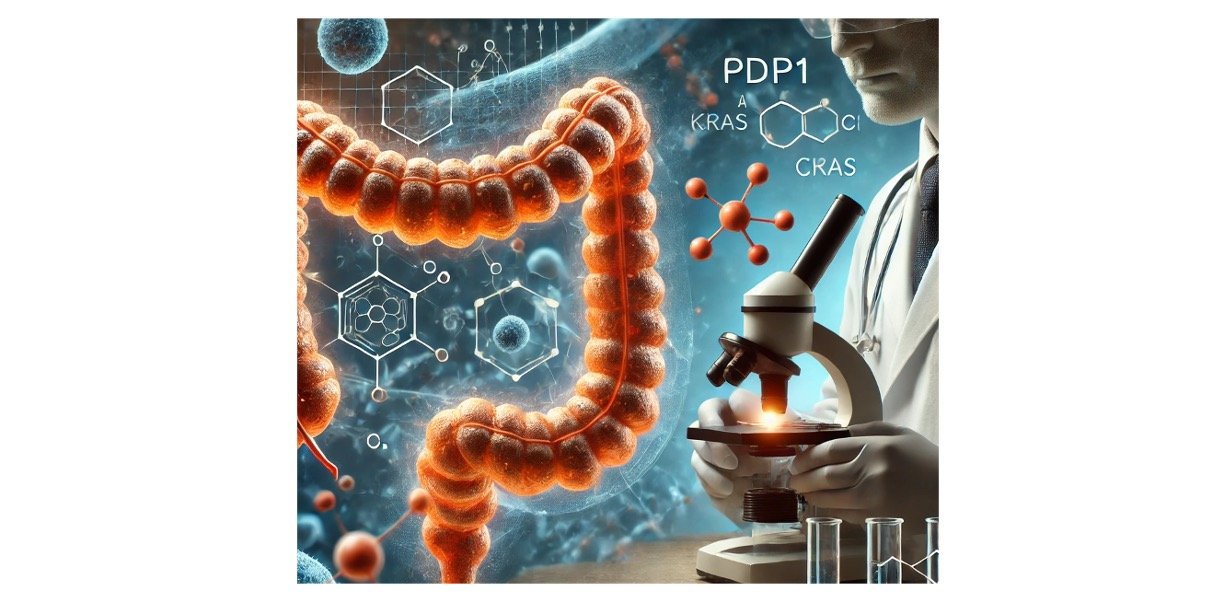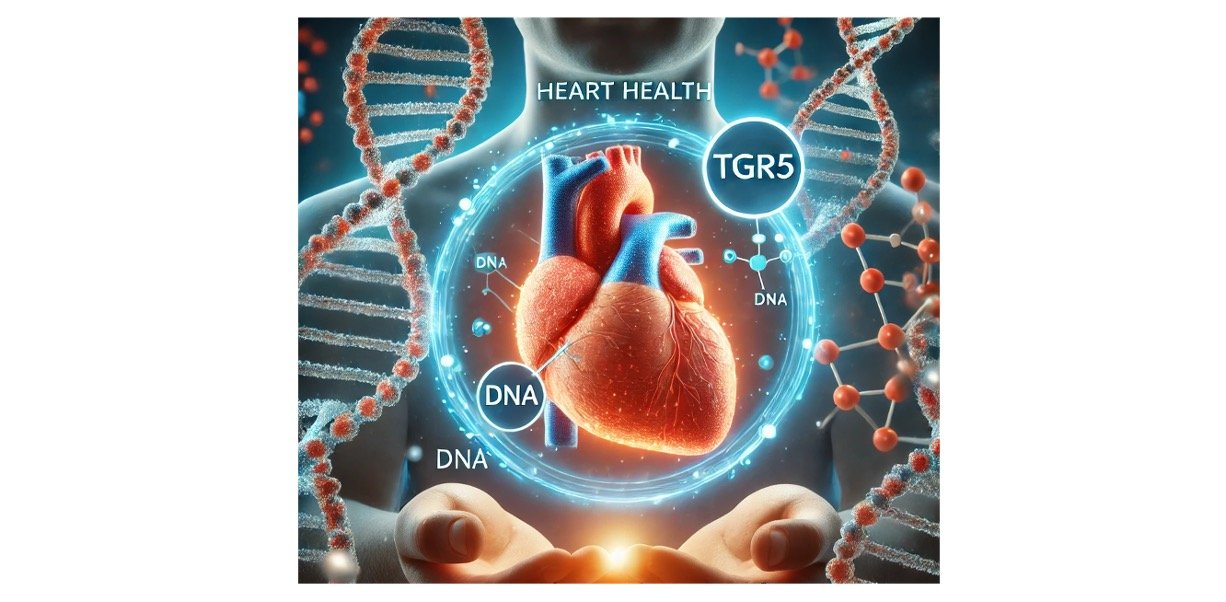Homozygous Definition
(genetics) Of or relating to an individual (or a situation in a cell or organism) with two copies of the same allele for a certain characteristic located at comparable loci on paired chromosomes.
The word homozygous refers to individuals who have the same or identical alleles for a given characteristic at comparable loci on paired chromosomes (i.e. homologous chromosomes).
There are two sets of chromosomes in a diploid organism. One pair is inherited from the mother, while the other is inherited from the father.
Based on their locations, each maternal chromosome has a matching paternal chromosome. Homozygous means that the loci in the corresponding chromosomes have the identical alleles. It indicates that the alleles have the same characteristic coded for them.
A ‘homozygous’ organism is discovered to have either a pair of dominant alleles (e.g. AA) or a pair of recessive alleles for a particular trait (e.g. aa).
True breeding organisms are homozygous because they generate the same phenotypic outcome regardless of the characteristic in issue. The words homo and zygous come from the Greek homo (“same”) and zygous (“young”) (of a zygote)
Homozygous Citations
Share




